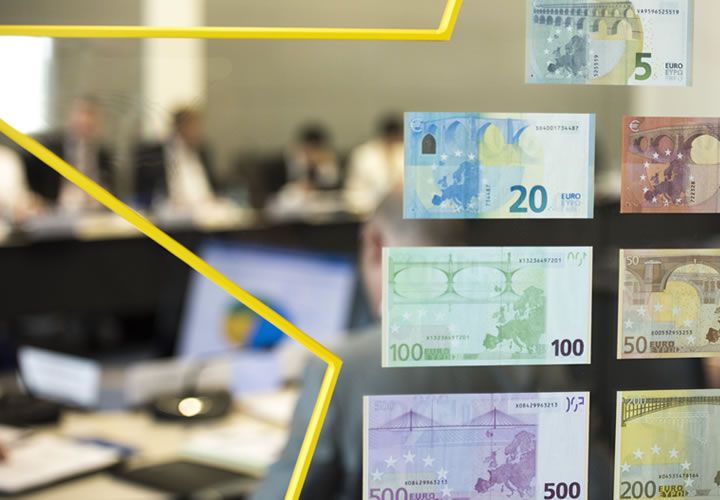Rise in EUR/USD Will Be Gradual Because of “Negative Feedback Loop” on Inflation

The Euro is cheap and Dollar expensive.
This means EUR/USD is too low, and should eventually rise back to its ‘fair’ or ‘real’ value which lies somewhere between 1.25-1.35, according to FX strategists at UBS.
But crucially, the recovery will be very slow.
“Over a longer time horizon we expect EUR/USD to continue rising toward fair value, which we see as being around 1.25. This should be gradual, however,” said UBS’s Themos Fiotakis.
The recovery will be slow because of what Fiotakis calls a “negative feedback loop,” between inflation and the exchange rate.
Any sudden surge in the exchange rate will feedback and into inflation, pushing it lower.
This is because a stronger Euro will push down the cost of the majority of consumer goods which are imported, making their wholesale value cheaper, which would probably push down overall.
UBS argue there is feedback loop between EUR strength and lower inflation; rapid Euro strength is therefore self-defeating in nature and could serve to cap gains.
"In that sense, we are cautious in chasing EUR/USD higher and await better entry levels,” said Fiotakis.
How does this work?
The main driver behind the Euro is European Central Bank (ECB) monetary policy, which is heavily dependent on inflation.
Currently their monetary policy is very ‘loose’ due to low inflation.
This involves the use of stimulus measures – or money printing - with the express purpose of trying to lift inflation; but stimulus also weakens the currency by diluting its unit value.
The recovery in the Eurozone economy means the ECB is expected to tighten its policy over coming years, switching off the stimulus tap and raising interest rates; this would have the effect of pushing up the Euro in the process.
A stronger Euro would bring down inflation, however, by making imports relatively cheap.
Lower inflation would make the ECB reluctant to tighten policy further which would slow the Euro’s ascent.
The stronger Euro may already be weighing on prices according to recent inflation forecast downgrades.
“The ECB's most recent 2018 HICP forecast was 1.3%, down from 1.6% in the March projections. The downgrade is likely partially influenced by the strengthening of the exchange rate between the inter-meeting period,” said Fiotakis.
UBS are bullish on the Euro against the Pound amidst ongoing Eurozone growth and see the EUR/GBP exchange rate at 0.90 in three months, 0.92 in six months and 0.97 by the end of 2018.
They forecast EUR/USD at 1.17 by the end of 2018, but intriguingly believe fair-value actually lies at 1.25.
Save
